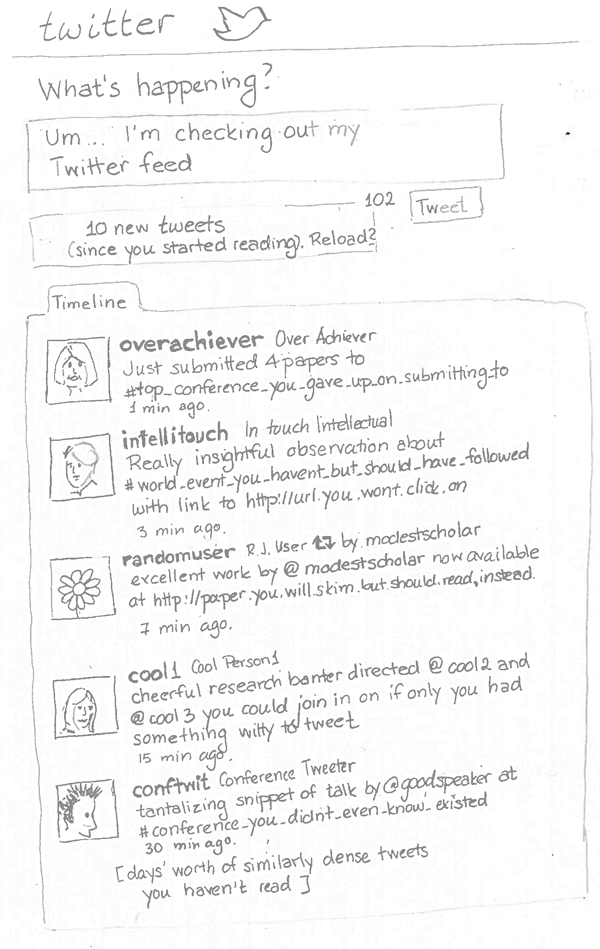I get a fair amount of “pure” comment spam but also a small but increasing amount of stuff that hovers on the edge of being spam. That is, comments which do actually address the post I have made in some way but which don’t actually say anything thoughtful (along the lines of “I thought so too”) and which then invite me (and all other readers) to go visit their commercial website.
Obviously not all comments are (or should be) deeply thought out arguments and it seems to be customary for people who run commercial websites to put a link to those sites in their comments linked to their name (indeed the comments software encourages you to do so). Also, I hasten to add that I would welcome more thoughtful comments on my site. Looking back I find that I have had just 20 non-spam comments since the beginning of January of which just six really added something new to think about. In the interests of transparency, however, I will lay down some rough guidelines about what I consider spam:
1) I will remove any comment (however substantial or interesting) which contains a link to any commercial site advertising or offering illegal items, porn, gambling, or other sites that I find offensive.
2) I will remove any comment that appears to be just there in order to generate a link to the user’s site, whether or not that site is itself offensive (unless the site in question is directly relevant to the text of the post itself).
3) I reserve the right to remove comments for any other reason (though I try to err on the side of inclusiveness).
I apologise in advance if this policy means I end up removing a comment you consider relevant and non-promotional. I also apologise if my spam filter accidentally eats your comment. In either case feel free to contact me and make a case for your comment to be reinstated.
I choose to leave comments on on my blog because I believe (like the web’s inventor) that the web should be an interactive medium but it saddens me that in order to remain receptive to the few people who choose to comment on what I write here my weblog’s anti-spam software has to remove about ten spam messages every hour and I have to knock off a couple more each day that slip through the filter.

